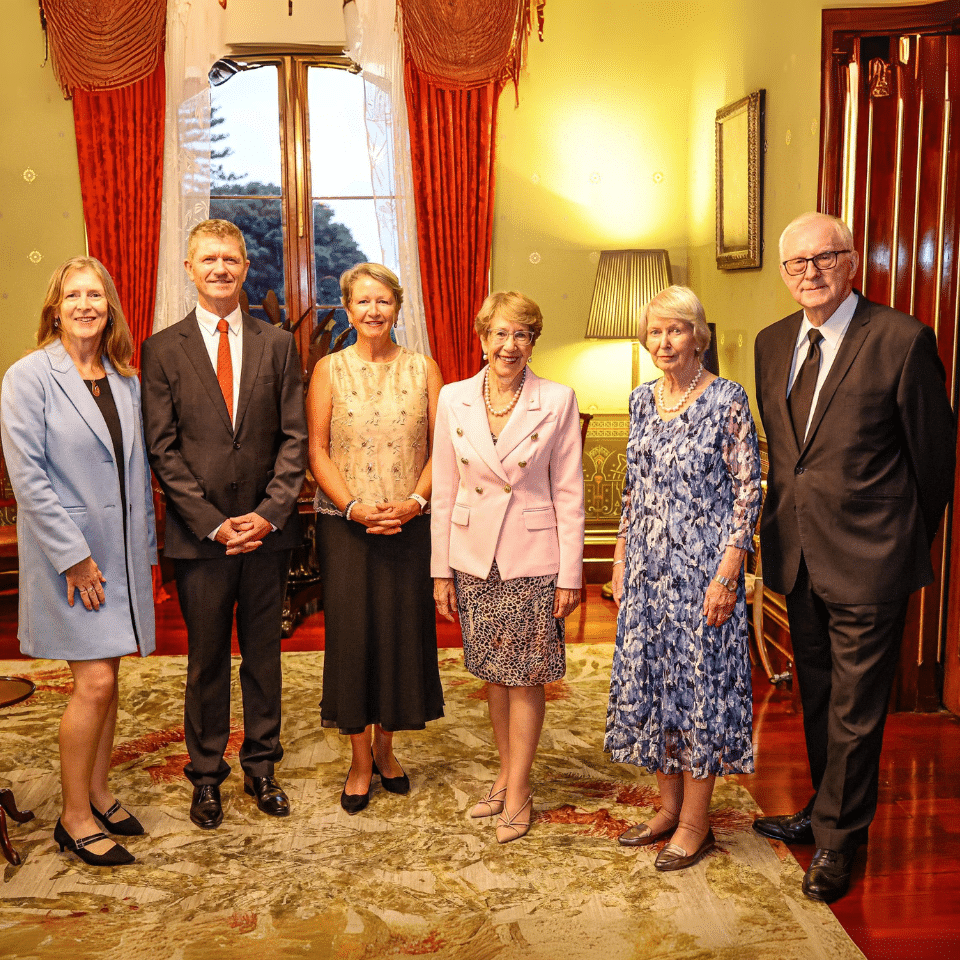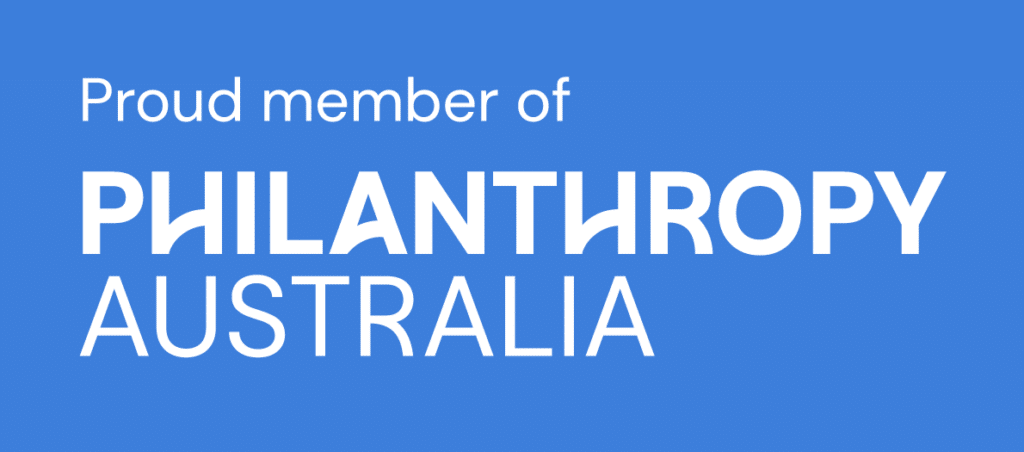- Ally’s story: “I was completely controlled by drugs.”
- Share your advice for young people struggling with mental health
- Art therapy at Triple Care Farm
- A message from the Executive Director
- Championing change through pro bono support
- Become a regular giver and join Team180
- Providing hope for future generations
- A fond farewell to CEO Helen Connealy
- Mental health month: Let’s talk about it
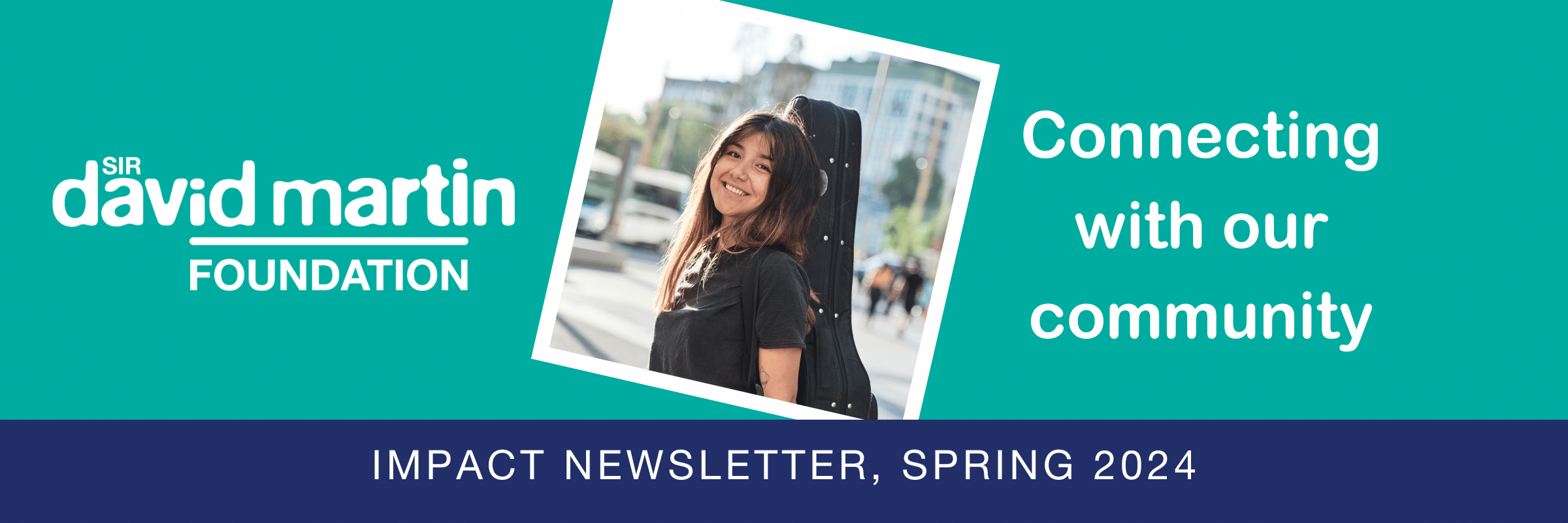
In this Impact Newsletter Spring 2024 edition:
Ally's story: "I was absolutely controlled by drugs."

The day before Ally* left Triple Care Farm, she spoke to us outside on a windy afternoon. She was nearly at the end of the 12-week Rehabilitation program and had been through the Withdrawal program before that. Reflecting on her time at the Farm, she said she felt like she had found herself again.
Before she entered the program, Ally was addicted to methamphetamine and cannabis, and she was on a downward spiral. “I didn’t have a job. No motivation to do anything,” she remembered.
It took a family intervention to convince her to try rehab. “I was in denial,” she said. She thought she was in control of her addiction, but looking back, “That was so not the case. I was absolutely controlled by drugs. Everything I did revolved around it. I didn’t have a day off.”
Ally made the brave decision to enter the Withdrawal program at David Martin Place. At first it was overwhelming, but the staff made her feel at home. Ally shared that she felt lucky to be able to detox in such a comfortable place, “They’re really supportive there and it’s such a nice environment”.
The support and time to reflect helped Ally to get in touch with the things she loved – she started playing guitar and drawing, two hobbies she had stopped when her drug use escalated.
At first, she found the hardest thing about the Farm was eating normally again – everyday habits like eating three meals a day had fallen away while she was taking drugs. But within a week of being at the Farm, she gradually felt healthier. She also began to feel more like herself, and to remember who she was before drugs had taken over her life.
“I started to figure out who I was as a person,” she said. She had a passion for music, and the music program at the Farm helped her to reconnect to it.
Ally recorded five songs during her time in rehabilitation and was so proud of her achievement. “When I was on drugs, I was really nervous to release my own music,” she said.
Looking to the future, Ally was apprehensive, but excited to return home and know she had support. She was looking forward to spending time with her family and friends with a clear mind.
“I’ve been really disconnected from all my music friends for a long time because they’re not on drugs,” she reflected.
The staff at the Farm also supported Ally to line up two jobs for when she returned to the community, and to set goals – she knew she wanted to travel, and for the first time, this goal felt possible.
Ally is grateful for her time at the Farm. “I wouldn’t have got myself out of the pit I was in if it wasn’t for this place,” she said. “It’s so safe here, it’s amazing. The best environment to recover.”
*Name and image have been changed to protect privacy.
What advice would you give to a young person struggling with mental health?
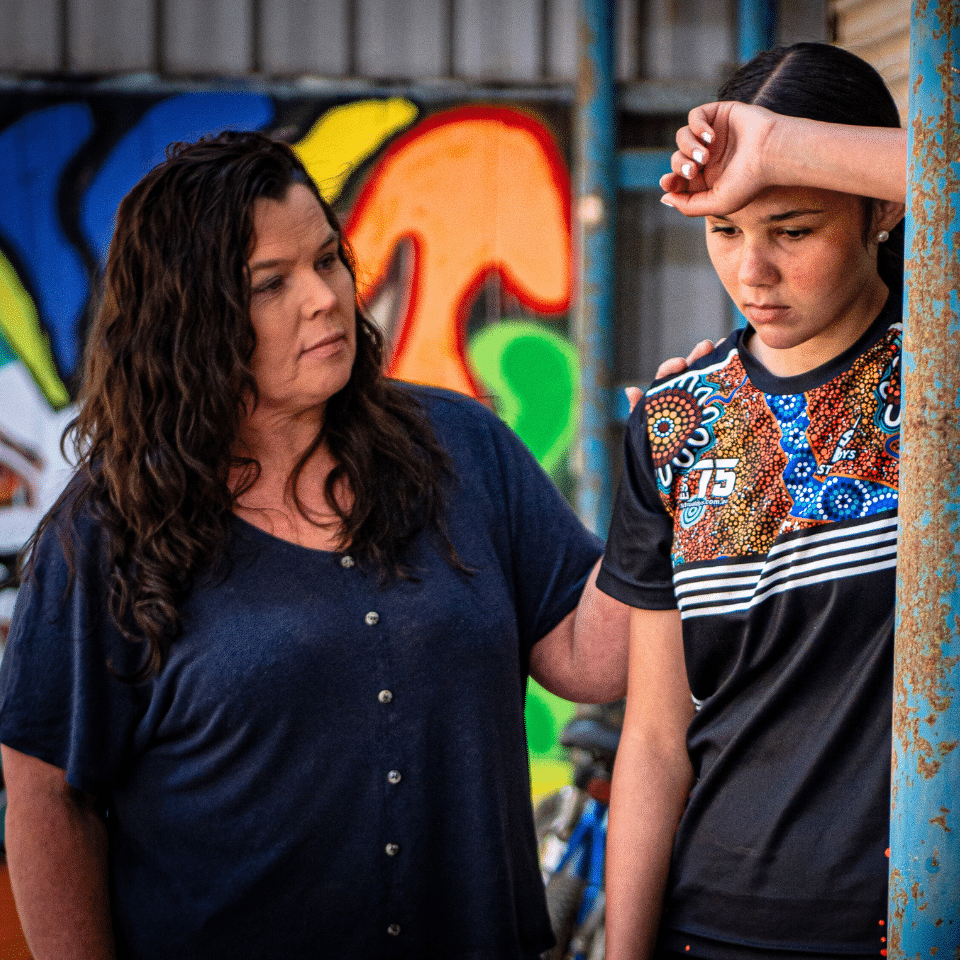
In honour of Mental Health Month this October, we are looking for your words of advice and support to young people who are having a hard time.
Your messages of advice, encouragement or support can mean the world, by letting young people know they are not alone.
Please note your message may be shared publicly.
Share your advice
Art therapy at Triple Care Farm
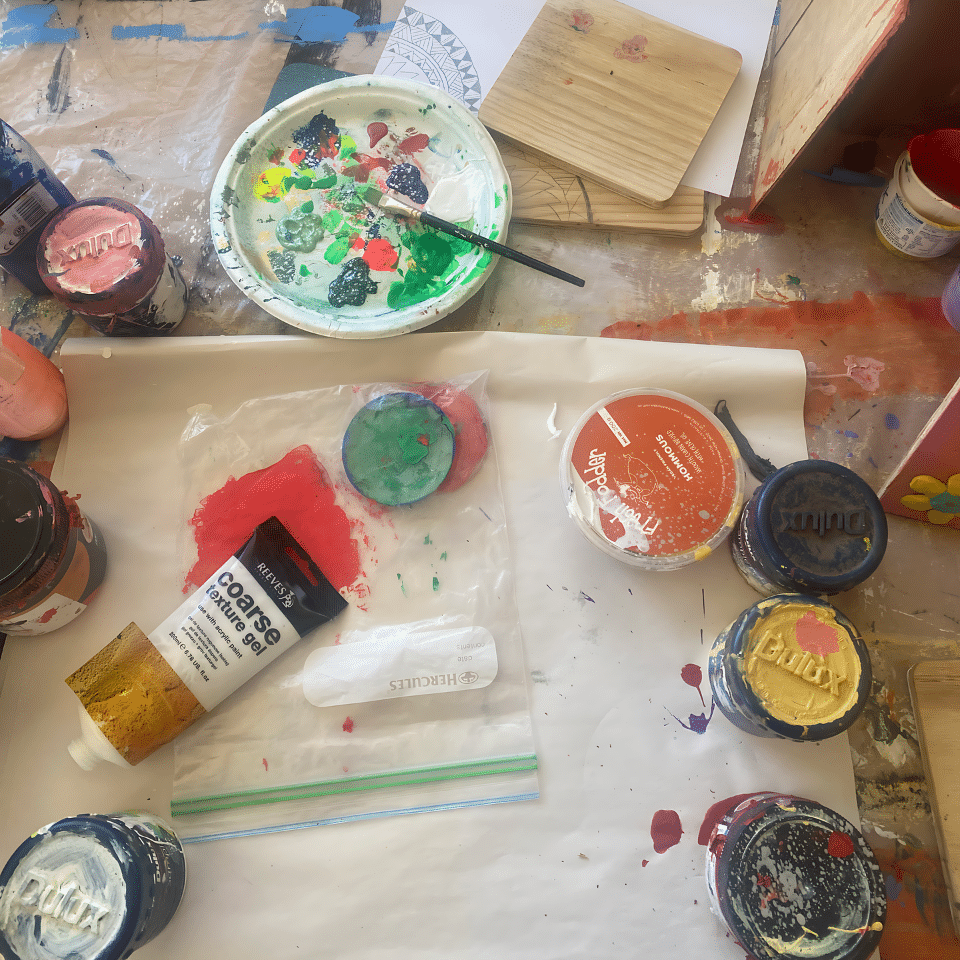
The Triple Care Farm model of treatment is holistic, evidence-based, and innovative. It recognises the unique journeys of each young person seeking help, offering a variety of therapeutic options tailored to individual needs. Among these, Art Therapy stands out as a powerful tool for those who find it difficult to express their emotions verbally. Through creative expression, young people can begin to process feelings that they may have previously hidden, often discovering new avenues for healing and self-understanding.
Building Trust Through Creativity
A key element of Art Therapy at Triple Care Farm is the development of trusting relationships between the dedicated support workers and the young people in the programs. Once trust is established, these young individuals are better equipped to explore their emotions and behaviours through art, gaining increased self-awareness and insight. The joy and sense of accomplishment that comes from creating something meaningful can be a crucial part of their recovery journey.
The Mask Task
One particularly impactful activity within the Art Therapy program is the Mask Task. In this exercise, students are invited to decorate both the interior and exterior of a mask—symbolising the emotions, thoughts, and behaviours they present to the world, versus those they keep hidden. The staff often see this as a pivotal moment, helping young people to reconnect with aspects of their personality that may have been overshadowed by the challenges of substance misuse.
The Pendulum Task
This is an outdoor group activity that helps teach essential life skills such as trust, resilience, and emotional regulation. The young people work together but each of them helps to shape the resulting artwork, encouraging them to support one another and fostering a sense of connection and shared purpose. As they navigate the pendulum’s swings, they engage in a form of Art Therapy that helps them explore balance—both physically and emotionally—while also building the trust and resilience needed to face life’s challenges together. Through this shared experience, young people not only gain insights into their own emotional regulation but also strengthen their bonds with others, creating a supportive community on their path to recovery.
Nature Art Therapy
Nature Art Therapy offers a grounding and restorative experience for young people as they connect with the natural world while exploring their creativity. The beautiful location of the Farm in the Southern Highlands lends itself to immersive and diverse nature Art Therapy sessions. This style of therapy involves using natural materials to create art that reflects personal experiences, emotions, and healing journeys.
By engaging in this hands-on activity, students not only express themselves artistically but also deepen their connection to nature, which has been shown to have a calming and therapeutic effect on mental health. The process of creating art in a natural setting fosters mindfulness, reduces stress, and encourages introspection, allowing young people to process their emotions in a peaceful and supportive environment.
Art Therapy at Triple Care Farm is more than just a creative outlet—it’s a powerful tool for healing, self-discovery, and personal growth. Through various artistic activities, young people can express themselves, build trust, develop resilience, and connect with nature, all of which are crucial components of their recovery journey. As they engage in these therapeutic processes, they begin the journey of rebuilding their lives from the inside out, empowered to find beauty and meaning in their surroundings as they work towards recovery and personal growth.
A message from the Executive Director
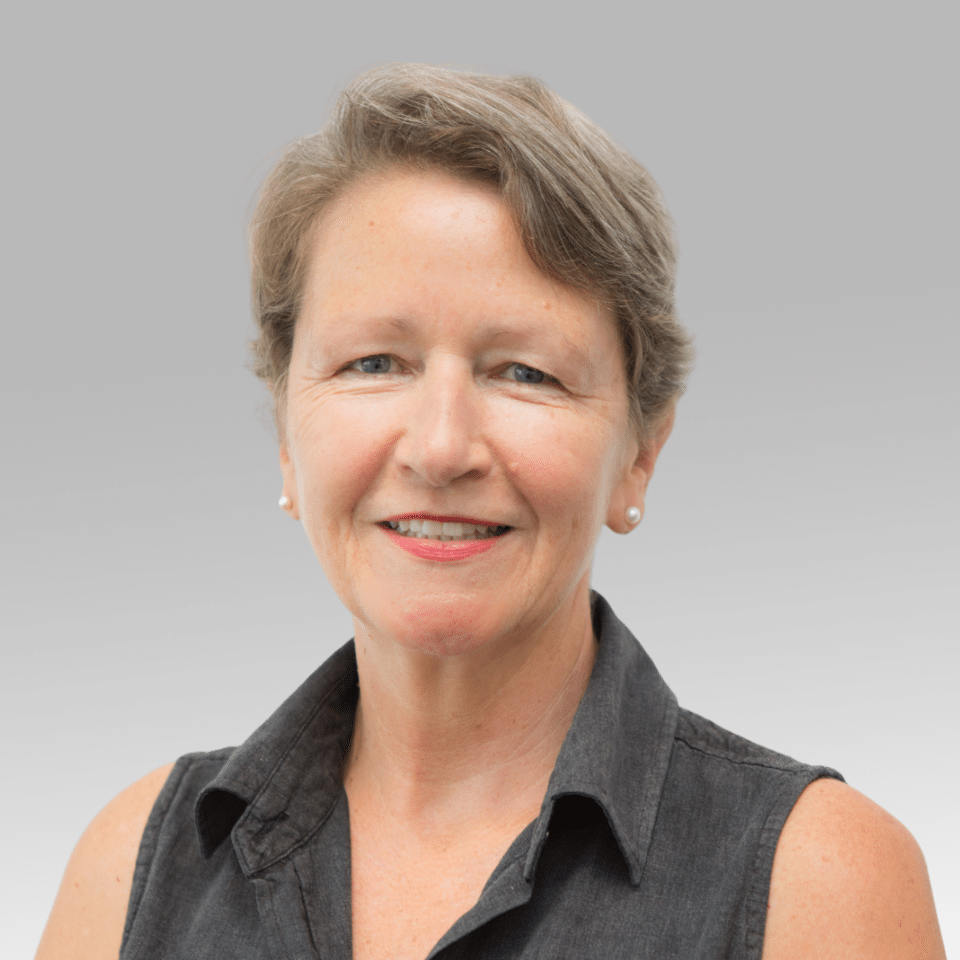
Any of you who have spent time with young people will know that many of them struggle to talk about what’s going on in their lives. At Triple Care Farm the students work with the art therapist and discover new ways to communicate their feelings. I’ve seen what a release – and a relief, this can be for young people caught in the web of addiction. If you visit the Farm, make sure you spend some time in the art room.
Music is another alternative to talking and sharing issues. ‘Ally’ shares her story of denial, acceptance, withdrawal, working hard in rehabilitation and her reconnection with her love of writing songs. Aftercare is next for Ally and thanks to the staff at the Farm, she has lots of plans and more than anything, she has hope.
If you have considered leaving a gift in your Will, you’ll be interested in hearing Valerie’s thoughts. She was inspired by her own mother who left a legacy and she sees the value in supporting disadvantaged young people. You inspire us, Valerie! Thank you.
We are all so grateful for Helen Connealy’s time at the helm of Sir David Martin Foundation. She made a huge difference to the work we do, supporting young people in crisis, and we wish her all the very best in her new adventures.
Until we recruit our new CEO, I’ll be keeping the seat warm and working with our dedicated team. Many thanks to you, our loyal supporters, for providing safety, hope and opportunity for our young people.
Warm regards,
Anna Beaumont
Executive Director

Beyond financial donations, we are incredibly grateful to the many individuals and organisations that support us with pro bono assistance, whether that be offering venue space, skilled volunteering, or professional services.
The Board of Directors and Foundation staff would like to thank King & Wood Mallesons (KWM) for the professional support provided pro bono during our recent governance restructure.
As Mission Australia retired from the Trustee role, a new company, Sir David Martin Foundation Ltd was established as the new Trustee, governed by a Board of Directors.
KWM provided a full-service including structure advice, document reviews and drafting of Deeds and a new constitution. Our revised Trust Deed and constitution is now available on the ACNC website.
The Foundation is now more efficient and stronger to face the challenges of youth addiction.
Thanks to Mark, Kat, Megan and Michael from the Mergers & Acquisitions team who were a delight to deal with and ensured the transfer of the Trustee role was seamless. Our impact with vulnerable young people is strengthened by the generosity of partners like KWM.
Become a regular giver and join Team180
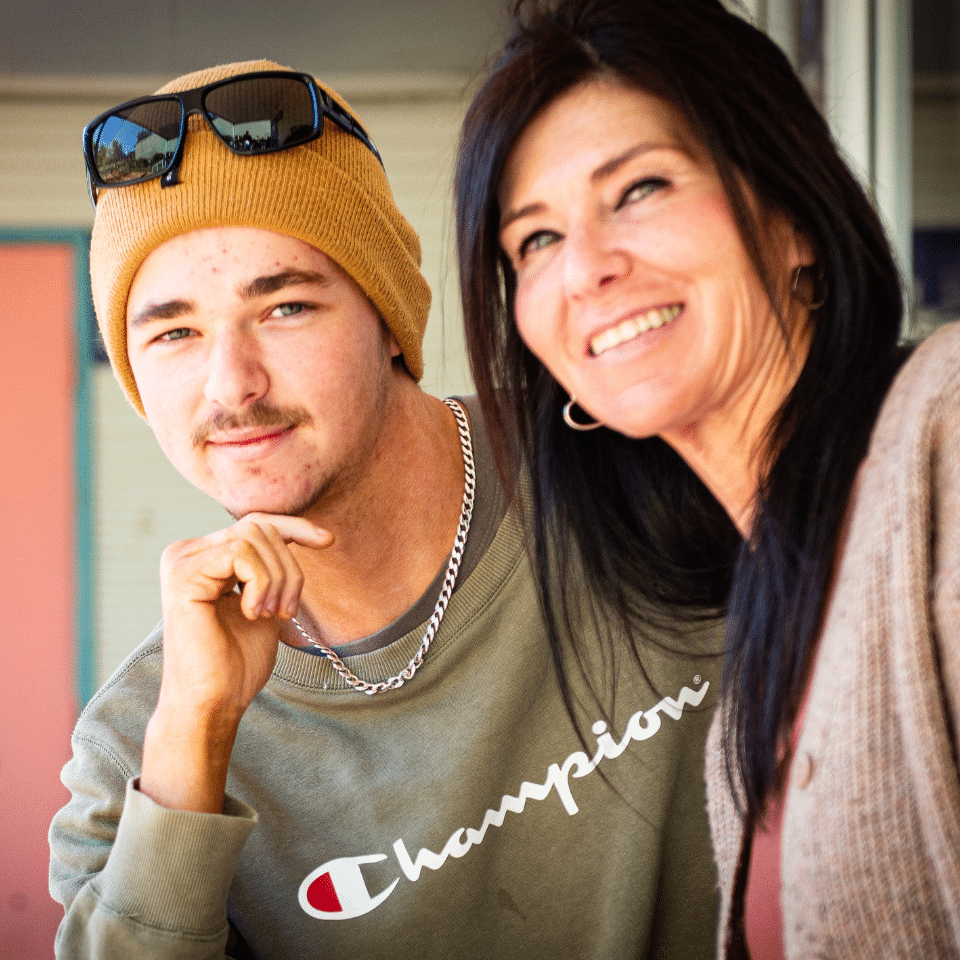
We want you on Team180! Join a powerful team of like-minded people whose regular gifts will help fund more Aftercare Workers and grow our national Youth Network to provide the vital support young people need in the critical 180 days after leaving rehab.
Your ongoing support ensures the sustainability of youth-specific programs, such as Aftercare, helping young Australians create lasting change.
Join Team180 at martinfoundation.org.au/team180
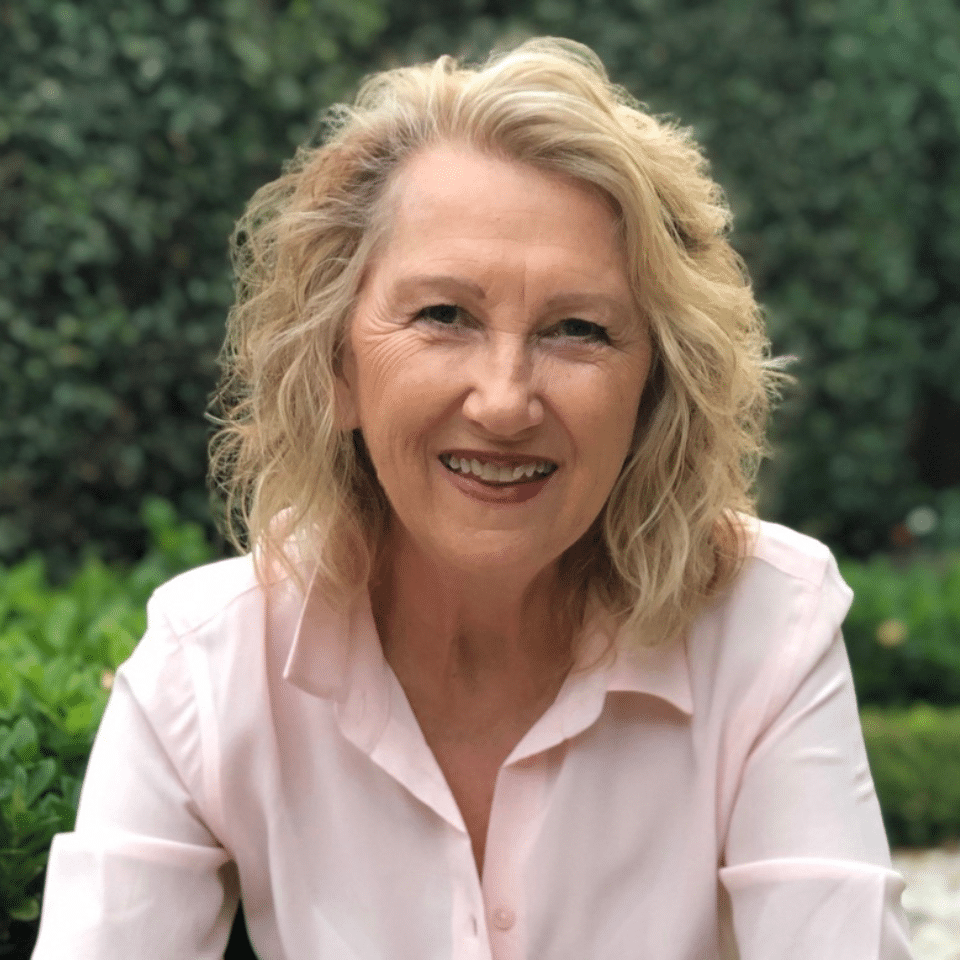
We spoke to Valerie about choosing to leave a gift in her Will.
How did you first hear of Sir David Martin Foundation?
Many years ago, in a previous role, a colleague was supporting Sir David Martin Foundation through their abseiling fundraiser and asked for donations. I looked into the organisation, and I really liked the philosophy behind it, particularly Sir David Martin’s dream of “safety, hope and opportunity for all young Australians”.
What inspired you to leave a gift in your Will?
My mother left a proportion of her assets to charities in her Will and when I wrote up a new Will, I decided to do the same.
Why did you choose to support Sir David Martin Foundation in your Will?
I was very particular about choosing organisations which fit with my values. I included Sir David Martin Foundation in my Will because I think it is important to support and help vulnerable young people who may not know where to go for help and your organisation is doing a great job in helping to turn their lives around.
And what do you hope will be achieved by your gift?
None of us know when we will die; I can however provide assistance to vulnerable young people when I do and know my gift will be used well.
We are incredibly grateful to Valerie and the many others who have generously left a lasting gift to Sir David Martin Foundation in their Will.
If you are interested in leaving a gift or to find out more about how you can leave a legacy for future generation, please contact Ruth Markham at r.markham@martinfoundation.org.au.
A fond farewell to CEO Helen Connealy
As we turn the page on another chapter in our Foundation’s history, we extend our heartfelt gratitude to Helen Connealy, who has served as our CEO for nearly six years. Helen’s decision to pursue new interests outside the charity sector marks the end of an era characterised by remarkable growth and resilience.
During her tenure, Helen’s unwavering commitment to our cause has been instrumental in shaping the Foundation’s trajectory. Helen’s leadership has left an indelible mark on our organisation, from implementing a new governance structure to establishing the Youth Advisory Group and launching the ‘Youth Network’. Her efforts in fostering collaborative funding models, building a dedicated team, and elevating donor recognition have significantly strengthened our Foundation.
As Helen embarks on her new adventures, we wish her the very best. While her presence will be missed, we are confident that the strong foundation she has laid will continue to support our mission. We look forward to the next chapter in our Foundation’s journey, building upon the solid groundwork Helen has established.
Thank you, Helen, for your dedication, vision, and tireless efforts. Your impact on Sir David Martin Foundation and the lives we touch will be felt for years to come.
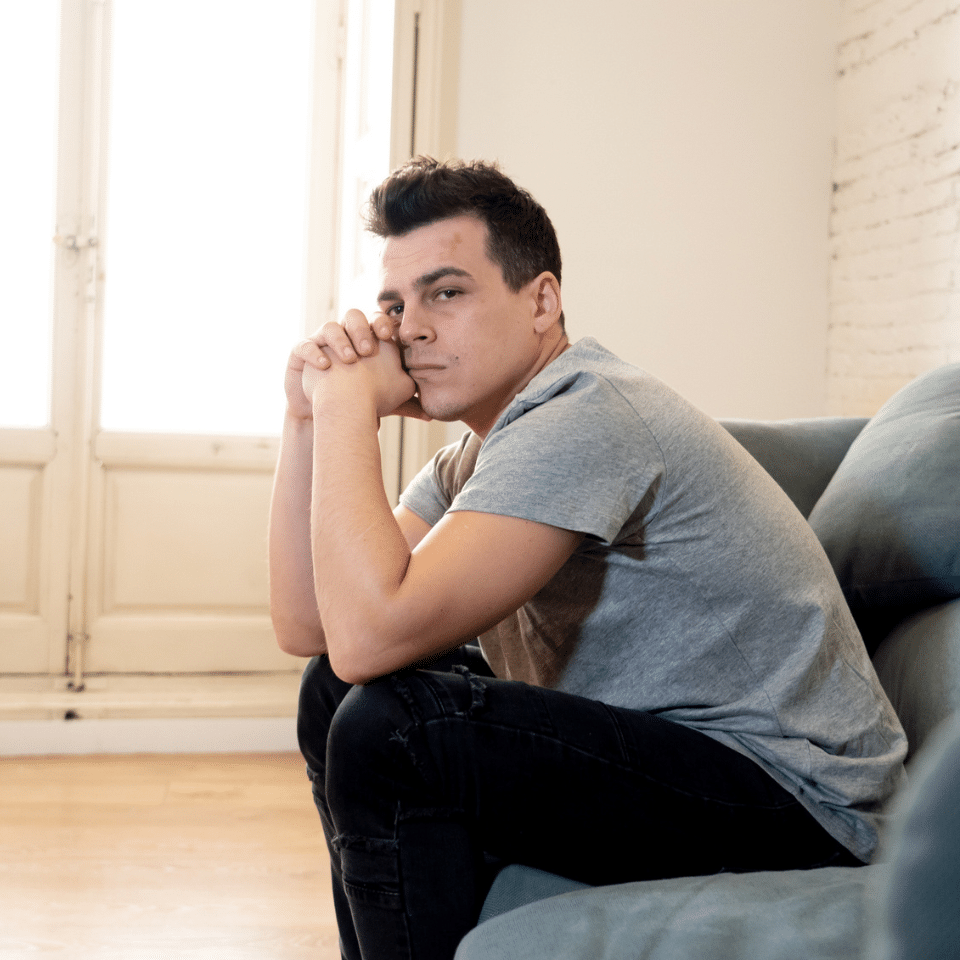
92% of young people entering Triple Care Farm’s Residential Rehab program report co-existing mental health disorders, highlighting the critical importance of Mental Health Month this October.
Mental Health Month is a time to reflect on how mental health affects our daily lives, our relationships and the decisions we make. It’s also a crucial period for highlighting the challenges faced by vulnerable young Australians who struggle with comorbid mental health and addiction. For many of these individuals, the state of their mental health is intricately tied to their ability to overcome the cycle of addiction, making it a key element in maintaining their recovery journey.
Triple Care Farm helps young people aged 16-24 from diverse backgrounds and life experiences. Yet, despite their varied backgrounds, mental health struggles are a common thread. Mental illness doesn’t discriminate, and its prevalence within the community we serve is staggering.
In 2023, alongside the 92% reporting co-existing mental health disorders, 81% of young people entering the program had experienced suicidal ideation. These numbers are not just statistics; they are a stark reminder of the mental health crisis facing young Australians today.
Young people often feel trapped by their mental health conditions and do not know how to reach out for support. As mental health conditions start to feel increasingly unmanageable, they may turn to drugs and alcohol as a way of self-medicating their pain. Many of the young people who enter Triple Care Farm have experienced immense past trauma due to factors including breakdown of family structures, lack of support systems, unsafe living environments, isolation or violence.
Economic stress, unemployment, social isolation, and disruptions to education have all contributed to a significant decline in mental health across Australia. Young people are left without a solid foundation, making it even harder for them to get back on their feet.
Triple Care Farm offers comprehensive mental health support as part of a holistic approach to addiction treatment. The program includes individual counselling, group therapy, and life skills training, providing young people with the tools they need to rebuild their lives.
This Mental Health Month, we encourage everyone to think about how mental health plays a role in their lives and the lives of those around them. This year’s theme ‘Let’s Talk About It’ embraces flexible and open-ended discussion revolving around issues of mental health. The theme highlights the importance of listening to others, free from prior judgement or stigma.
By engaging in conversations about mental health we can strengthen connections with family, friends and our broader community and support those who may be silently struggling. Remember, recovery is possible, and with the right support, young people can overcome their challenges and build brighter futures.
If you or someone you know is struggling with mental health issues, remember that help is available. Reach out to a mental health professional or contact Lifeline at 13 11 14 for immediate support.
Helping young people in crisis

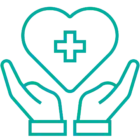


Sir David Martin Foundation acknowledges that Mission Australia, our service partner, owns and runs programs at Triple Care Farm and delivers Aftercare programs for Youth Network.

